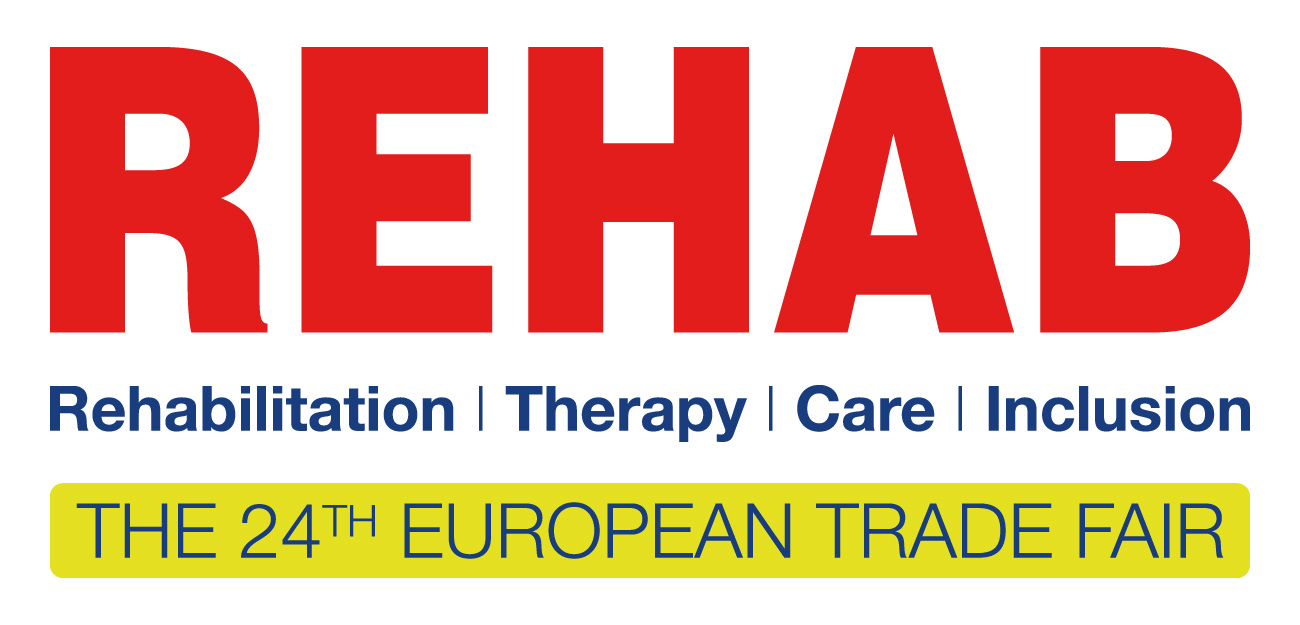Neurorehabilitation experts speak at interdisciplinary conference in Karlsruhe like Prof Dr Anne Weißbach on the topic:
Correctly diagnosing and treating functional neurological disorders
Functional neurological disorders (FND) are serious illnesses that cause neurological symptoms such as paralysis, movement disorders, numbness, dizziness or seizures without any evidence of structural damage to the nervous system. Stress, psychological strain or previous traumatic experiences can play a role and make the brain susceptible to malfunctions in information processing, which leads to the observed symptoms.
As the symptoms are often misdiagnosed, those affected sometimes undergo years of unsuccessful treatment.
FNS - underestimated and unrecognised
Renowned lecturer Prof. Dr Anne Weißbach from the Institute for Systemic Motor Science Research (ISMS) at the University of Lübeck and the Centre for Rare Diseases at the University Medical Centre Schleswig-Holstein Lübeck recommends that FND should play a greater role in the training of doctors and therapists: “Ignorance can exacerbate and chronify this widespread disease.”
AdobeStock_1272257382_Anan_mitKI_web
Anne Weißbach explains: “Just because no recognisable lesions are found in the nervous system does not mean that the nervous system is functioning properly. FND is a functional disorder in which the brain does not perceive and process certain movements and sensory signals correctly.” The doctor and scientist laments the loss of importance of the clinical-neurological physical examination in modern medicine and the fact that instrument-based diagnostics play too great a role in the diagnosis of the disease. Patients receive feedback about diseases that have been ruled out based on inconspicuous findings in technical examination procedures. However, it is often neglected to explain to those affected where their usually significant complaints come from. “FNS is a real, independent group of diseases, not a simulation. Stigmatisation exacerbates the suffering of this patient group.”
There are still no standardised guidelines for the diagnosis and treatment of FNS in Germany
Anne Weißbach coordinates the development of such guidelines for the German Society of Neurology and wants to establish a standardised and effective approach.
She explains the procedure: “The basis is the correct naming and definition of this disease. Internationally, the term ‘functional neurological disorder’ has become established, as it better reflects the physiological findings about the clinical picture than outdated terms such as ‘psychogenic conversion disorder’.”
Diagnosis plays a central role: “Listening well and correctly categorising the patient's description of their symptoms are essential during the examination. Only rarely are further technical examinations necessary, which only ever serve to rule out other illnesses.”
AdobeStock_249986738_M.Doerr_u_M.Frommherz_web
Correct diagnosis and naming creates acceptance
A key diagnostic feature is the dependence of the symptoms on the patient's attention. For example, functional tremor can disappear when attention is focussed on another task. This distinguishes FND from non-functional disorders.
There are effective treatment approaches for FND
Treatment for FND should be individualised to the patient's symptoms and specific triggers. A multimodal therapy approach requires the collaboration of various specialist disciplines such as physiotherapy, occupational therapy, psychotherapy and neurology. The aim is to learn new movement patterns in a playful way. A key element here is shifting attention: instead of focussing on the affected body region, exercises should focus on movement sequences in unaffected areas of the body.
“Many therapists do not treat FND patients in a disease-specific manner because they are not familiar enough with the disorder,” explains Prof Dr Weißbach. “The symptoms of FND are potentially reversible. Without structural damage, the brain can learn to perceive and process signals correctly again thanks to physiotherapy and accompanying psychotherapy.”
The inpatient setting for severely ill functional patients is inadequate
Only a few clinics offer the multi-professional/multimodal approach for FND patients. Patients with severe impairments and high care requirements remain untreated, as these clinics are not equipped for this either.
Anne Weißbach is convinced: “The joint dialogue and exchange of knowledge about these diseases helps to raise professional interest in FND and establish networks so that patients can be helped more quickly and in a more targeted manner in future.”
She will be explaining more about FND and diagnosis and treatment strategies at the CON.THERA conference from 22 to 24 May 2025 at Messe Karlsruhe.
The CON.THERA congress for therapists focuses on the specialist field of neurorehabilitation and takes place parallel to REHAB Karlsruhe.
Photo: Messe Karlsruhe/ Behrendt and Rausch
Attention modulation in therapy helps to alleviate symptoms:
The active involvement of the patient is an important aspect. Their symptoms are real and usually lead to a massive impairment of their ability to work. Functional movement disorders can be improved by focussing on a different movement or activity, such as catching a ball or dancing. This knowledge helps patients to better understand their condition and actively participate in therapy.
